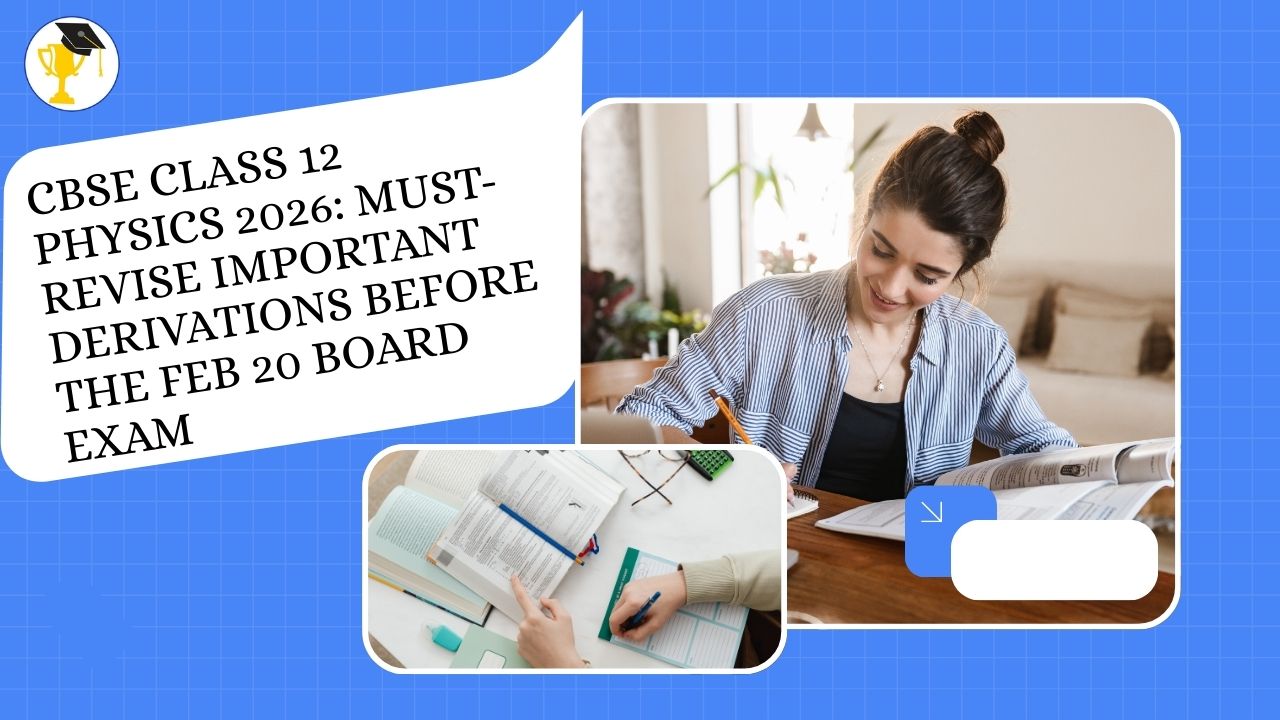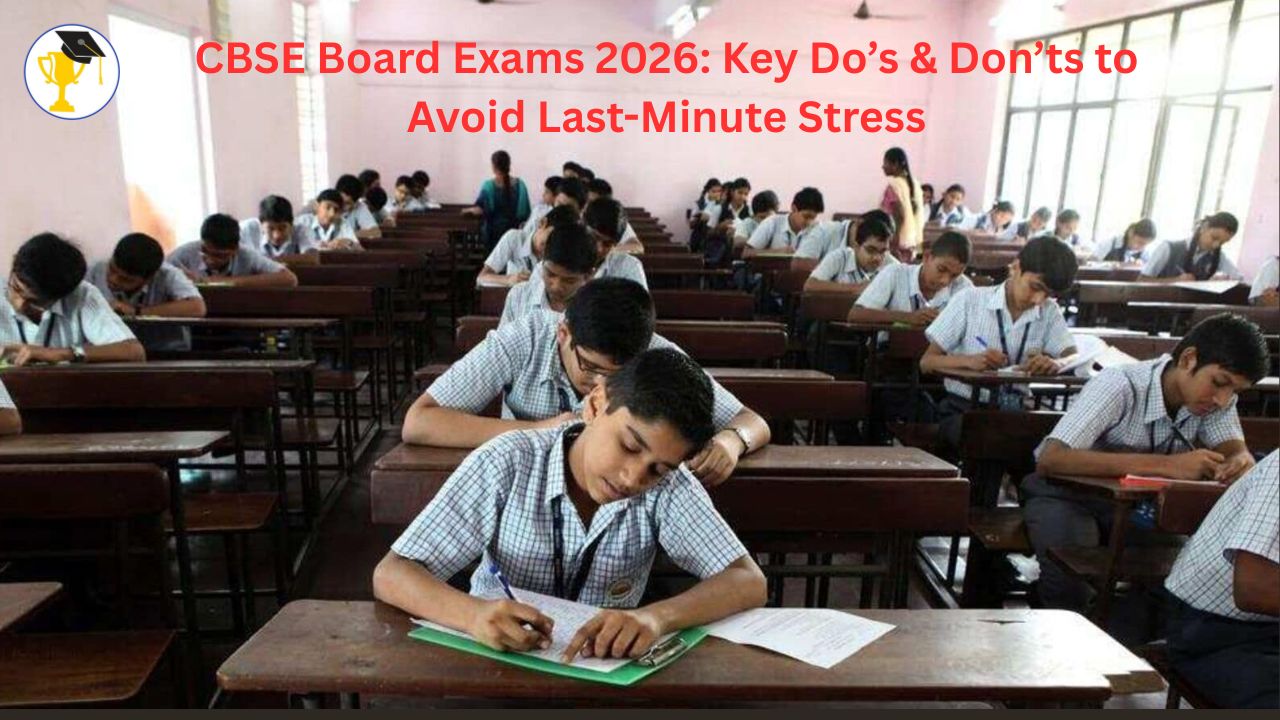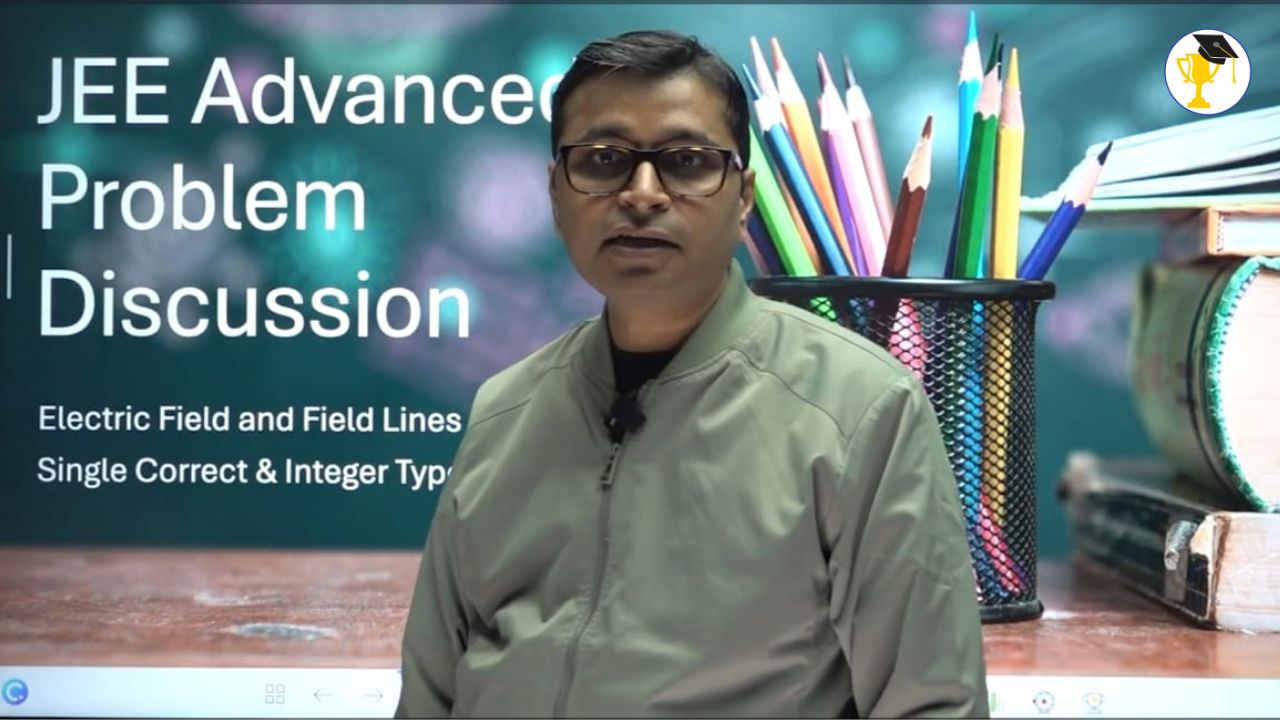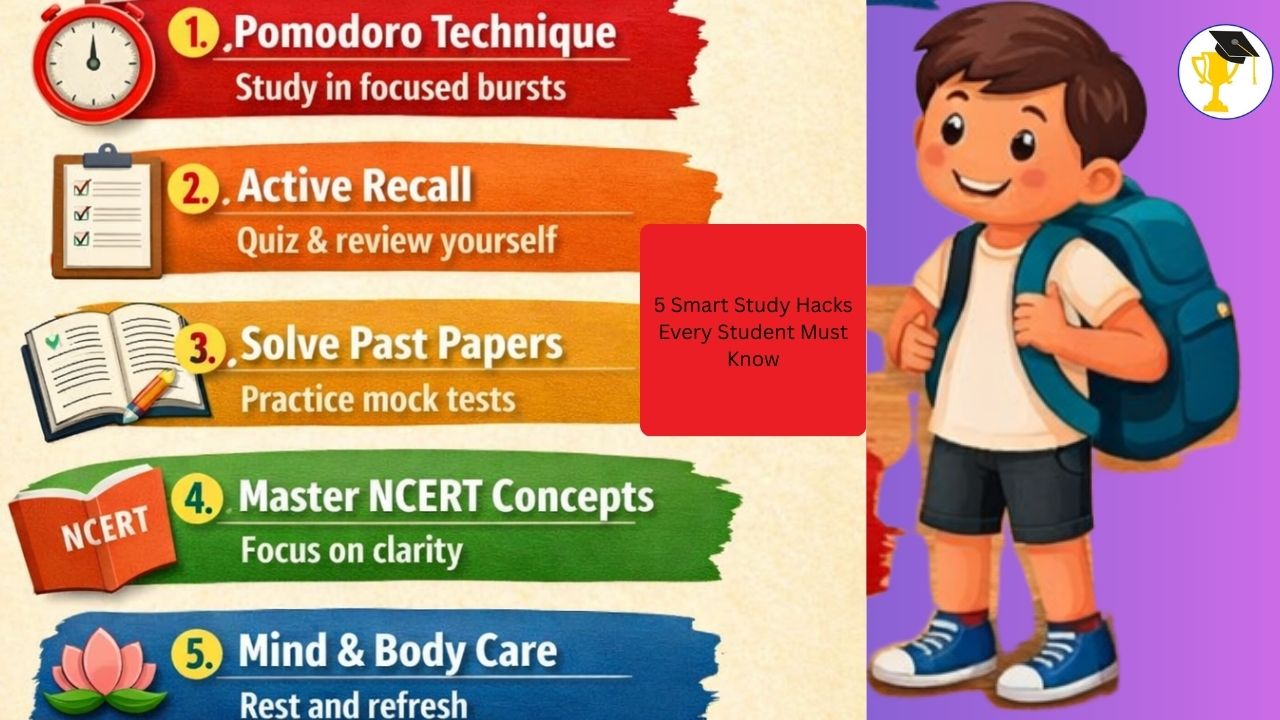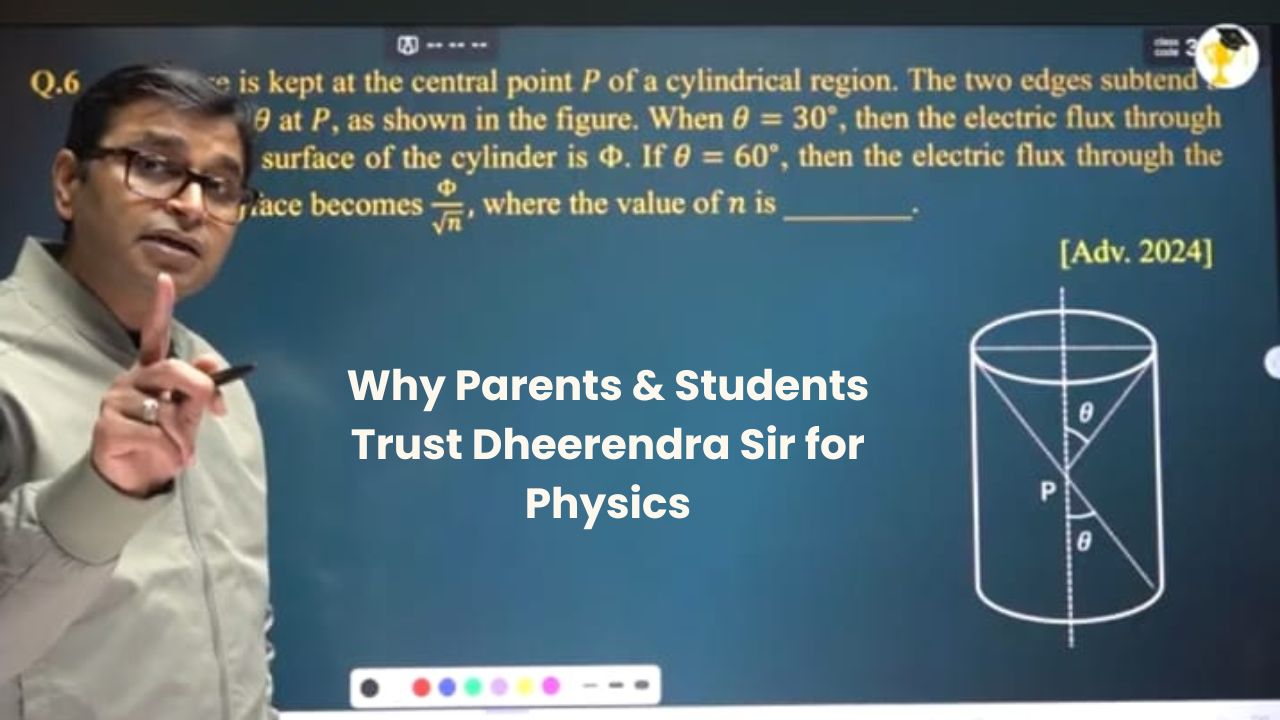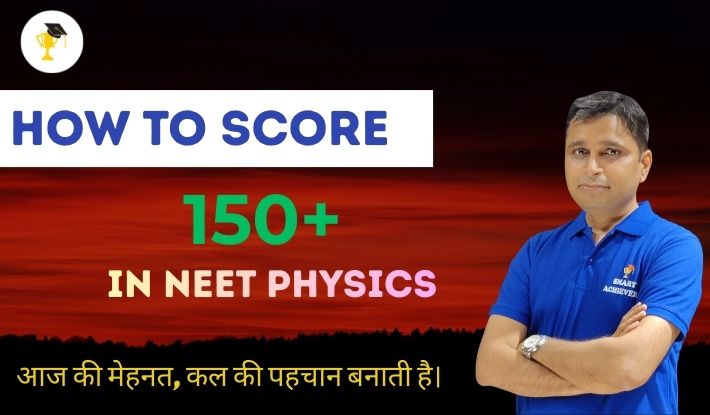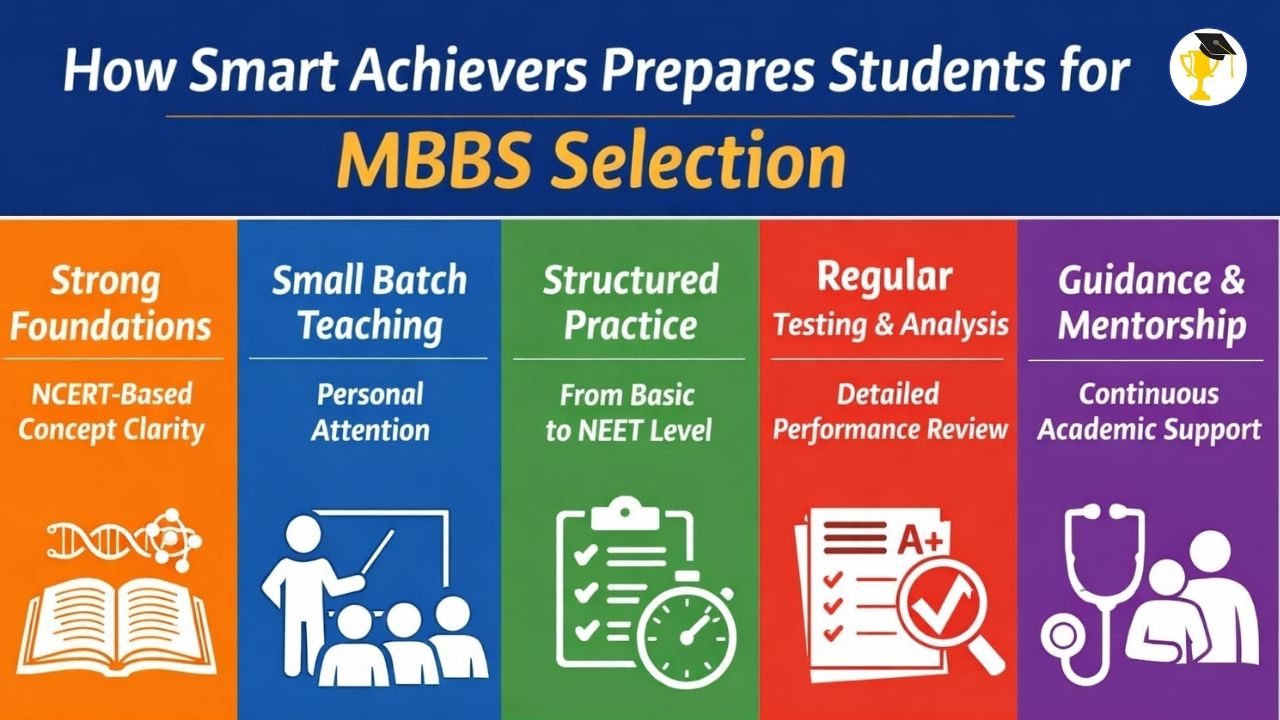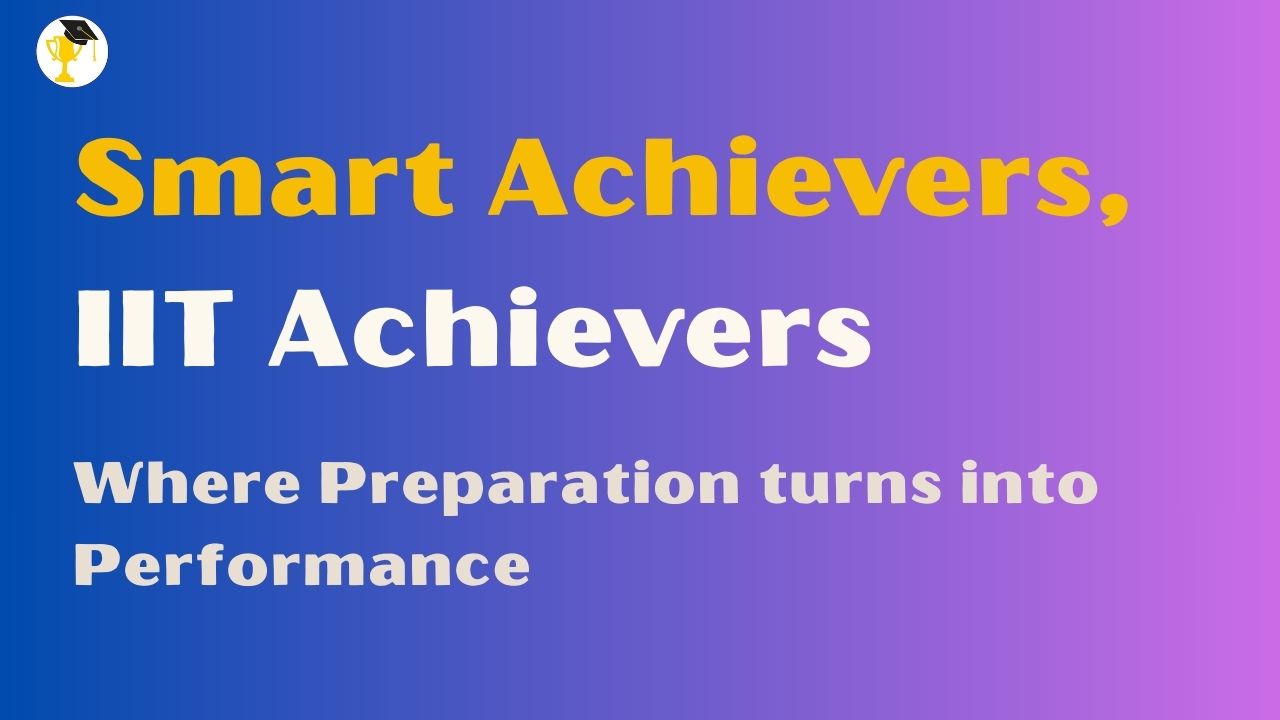National Standard Examination in Physics (NSEP): Your Gateway to Physics Olympiad
The National Standard Examination in Physics (NSEP) is a premier physics competition in India, serving as the first step in the journey to the International Physics Olympiad (IPhO). Organized by the Indian Association of Physics Teachers (IAPT), the exam is designed to identify and nurture young physics enthusiasts, challenging their understanding of advanced concepts and problem-solving skills.
If you have a passion for physics and aspire to represent India on a global stage, this comprehensive guide will walk you through everything you need to know about NSEP, from eligibility and registration to preparation strategies and benefits.
What is NSEP?
NSEP is the qualifying round for the multi-stage Physics Olympiad program in India. It acts as a gateway for students to progress to subsequent stages like the Indian National Physics Olympiad (InPhO) and eventually compete at the International Physics Olympiad (IPhO).
Key Highlights
Organizer: Indian Association of Physics Teachers (IAPT).
Eligibility: Open to students studying in Class 11 and 12 in India.
Significance: The first step to representing India in the International Physics Olympiad.
Recognition: Excelling in NSEP marks you as one of India’s top physics talents.
Eligibility Criteria for NSEP
Before registering, ensure you meet the following criteria:
Nationality: Must be an Indian citizen.
Class Requirement: Students must be studying in Class 11 or 12.
Age Limit: Candidates born between July 1, 2004, and June 30, 2009, are eligible.
Maximum Attempts: Students can appear for NSEP only once during their academic career.
Exam Pattern and Structure
NSEP is structured to test conceptual understanding and advanced problem-solving skills in physics.
Exam Details
Duration: 2 hours.
Questions:
60 Multiple-Choice Questions (MCQs).
10 Integer-Type Questions.
Total Marks: 240.
Marking Scheme
MCQs:
+3 for correct answers.
-1 for incorrect answers.
Integer-Type Questions:
+6 for correct answers.
No negative marking.
Syllabus
The syllabus aligns closely with the NCERT Physics curriculum for Classes 11 and 12, covering topics like:
Kinematics and Dynamics.
Laws of Motion and Gravitation.
Thermodynamics.
Optics and Waves.
Electromagnetism.
Modern Physics.
Selection Process After NSEP
Excelling in NSEP leads to further stages in the Physics Olympiad program:
1. Indian National Physics Olympiad (InPhO)
Top-performing candidates from NSEP qualify for InPhO, where they face more advanced questions.
2. Orientation-Cum-Selection Camp (OCSC)
Selected students undergo rigorous training in theoretical problem-solving and practical experiments.
3. Pre-Departure Training Camp (PDT)
Candidates are trained intensively to compete at the International Physics Olympiad (IPhO).
4. International Physics Olympiad (IPhO)
India’s top five physics talents represent the nation on the global stage.
How to Register for NSEP
Step-by-Step Registration Process
Visit the Official Website
Go to the IAPT portal: https://www.iapt.org.in/
Find a Registration Center
Locate your nearest IAPT center for registration.
Fill Out the Form
Provide personal details, school information, and academic records.
Pay the Fee
The registration fee is approximately ?200 and can be paid online or at the center.
Collect Your Admit Card
After successful registration, download or collect your admit card to appear for the exam.
How to Prepare for NSEP
1. Master the Fundamentals
Study NCERT Physics textbooks thoroughly, as they form the core of the syllabus.
Understand the derivations, formulas, and fundamental principles.
2. Solve Previous Year Papers
Practice past NSEP question papers to get familiar with the exam pattern and question types.
3. Focus on Advanced Problems
Use reference books like H.C. Verma’s Concepts of Physics and I.E. Irodov’s Problems in General Physics for advanced problem-solving.
4. Take Mock Tests
Simulate real exam conditions with timed mock tests to improve speed and accuracy.
5. Revise Regularly
Set aside time for consistent revision to strengthen your understanding and retain key concepts.
Benefits of Participating in NSEP
1. Builds a Strong Foundation in Physics
NSEP encourages critical thinking and a deeper understanding of physics concepts.
2. Gateway to Olympiads
It serves as the first step in representing India at the International Physics Olympiad (IPhO).
3. Enhances Problem-Solving Skills
Tackling NSEP-level questions sharpens analytical and logical thinking abilities.
4. Opens Scholarship Opportunities
High performance in NSEP can make you eligible for various scholarships and academic recognitions.
5. Prestige and Recognition
Qualifying for advanced stages places you among the brightest young physicists in India.
 STUDY MATERIALS
STUDY MATERIALS
 COURSES
COURSES
 MORE
MORE







